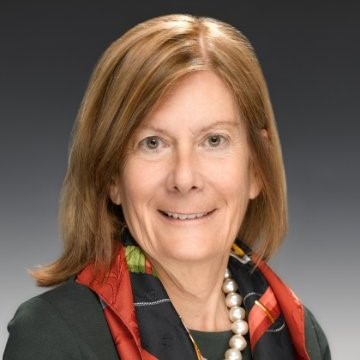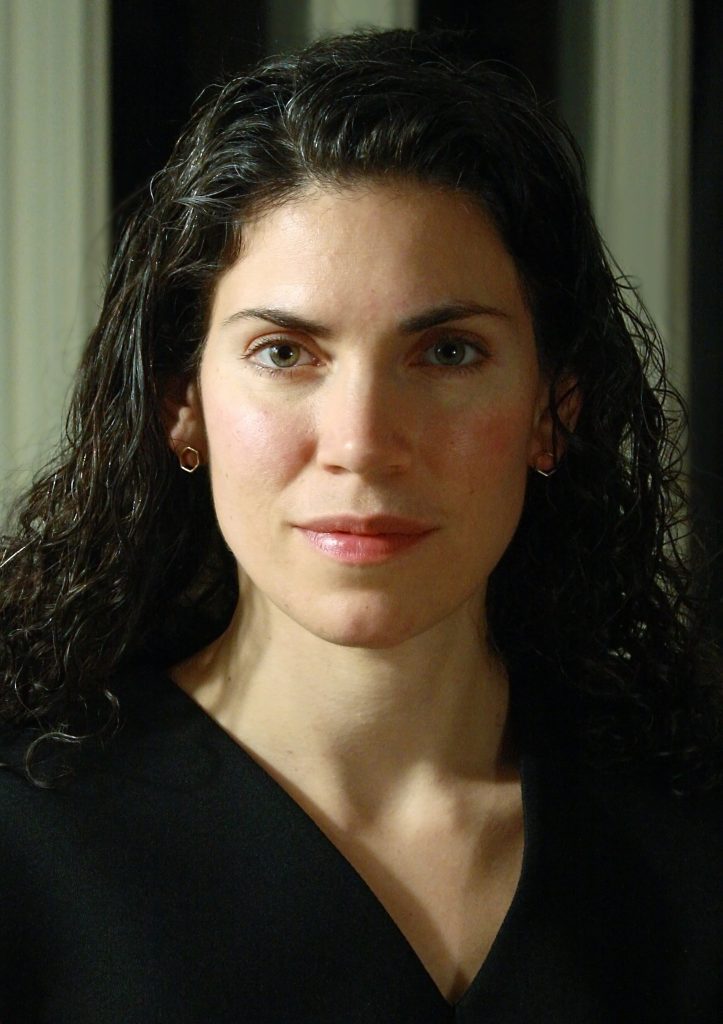October 14, 2020
6 PM ET
Online webinar
In an election year, the United States faces a decision about the future direction of foreign policy. We’d like to hold a discussion on what makes a foreign policy ‘feminist,’ why it matters, and how to create a meaningful foreign policy that can be used to effect lasting change around the world with regards to gender equality.
Questions addressed include:
How does feminist foreign policy account for those who do not fall within a strict gender binary and ensure they are heard and cared for?
The structures that guide the formation and implementation of foreign policy are based on modern states and are inherently colonial. How can we advocate for more inclusive foreign policy in a system that perpetuates structural inequality?
The setting of a foreign policy agenda is especially salient in an election year. How is a feminist foreign policy created and implemented, from the campaign trail to the White House?
When we talk about the benefits to peace, economy, security, etc. that come from women’s inclusion, there’s a fine line between gender justice and instrumentalizing women. How can we walk that line and fall on the side of gender justice?
What are the implications of a strong feminist foreign policy for inhabitants of countries who have adopted it and those in countries with which they interact?
Moderator:
Stephenie Foster

Stephenie Foster is a recognized voice on women’s leadership and foreign policy. She is currently a Partner at Smash Strategies, a firm dedicated to advising businesses, foundations and non-profit organizations on how to achieve better results by focusing on women’s leadership and gender equality.
Before co-founding Smash Strategies, Ms. Foster served at the U.S. Department of State from 2012-2017. She was a Senior Advisor/Counselor in the Secretary’s Office of Global Women’s Issues (S/GWI), and before that at the US Embassy in Kabul, Afghanistan where she focused on women and civil society. As part of her portfolio at S/GWI, Ms. Foster focused on engaging women in peace processes both as participants and mediators, and oversaw the U.S. Department of State’s efforts to implement the National Action Plan on Women, Peace and Security (NAP). She also managed a wide range of other key policies and programs, including women’s political participation and women’s economic empowerment. She served as Chief of Staff to U.S. Senators Barbara Mikulski (D-MD) and Christopher Dodd (D-CT); was General Counsel of the U.S. General Services Administration; founded her own consulting firm; and served in senior management positions in the non-profit sector. She began her career as an attorney, and was a litigation partner in San Francisco, California.
Panelists:
Jamille Bigio

Jamille Bigio is a leading expert on human rights and gender equality, and their relationship with national security and global prosperity. Currently, she is a senior fellow on Women and Foreign Policy at the Council on Foreign Relations. In the Obama administration, Bigio was the director for human rights and gender on the White House National Security Council staff and served on the White House Council on Women and Girls. Bigio also served as senior advisor on national security and on sub-Saharan Africa to the U.S. Ambassador-at-Large for Global Women’s Issues, and was detailed to the Office of the Undersecretary of Defense for Policy and to the U.S. Mission to the African Union. Bigio led the interagency launch of the U.S. National Action Plan on Women, Peace, and Security, an effort for which she was recognized with the U.S. Department of State Superior Honor Award and the U.S. Department of Defense Secretary of Defense Honor Award. Previously, she worked at the United Nations Office for the Coordination of Humanitarian Affairs in New York, Ethiopia, and Iraq (based in Jordan), and at the grassroots level for public health nongovernmental organizations. Bigio lectures and publishes widely, including in Foreign Affairs, the Washington Post, and other outlets. She has testified multiple times before the U.S. Congress, is a Term Member of the Council on Foreign Relations, and serves on the board of the Georgetown Institute for Women, Peace, and Security.
Dr. Toni Haastrup

Toni Haastrup is senior lecturer in International Politics at the University of Stirling, Scotland. Her teaching and research focus on the global governance of security and the role of regional actors. She has published on gender equality, feminist foreign policy, and the Women, Peace and Security agenda.
Judicaelle Irakoze

Judicaelle Irakoze is a feminist activist, passionate with articulating the experiences of women and overall, the youth. She is a community organizer and social entrepreneur with a record of advocating for children, women’s rights and overall human rights. She has worked on different issues ranging from youth development, refugee integration, feminist organizing, community mobilizing, lobbying and advocacy She is the 2019 European Commission Young leader on Migration, the G20 young global Changer on Gender Equality, a delegate at the International Congress of Youth voices, a published author, a contributor writer at African Feminisms, and has done multiple consultancy. She currently works for multilateral Organizations. Judicaelle has worked on different research projects, from documenting, organizing case studies, evaluating, monitoring and baseline recommendations mostly offering disruptive community led change. She works as facilitator, engaged in critical analysis and the collective organizing part of different movements. She is known for her online presence, educating on issues centering feminisms, African politics, and more. She is a grassroots organizer who believes in community led movements.